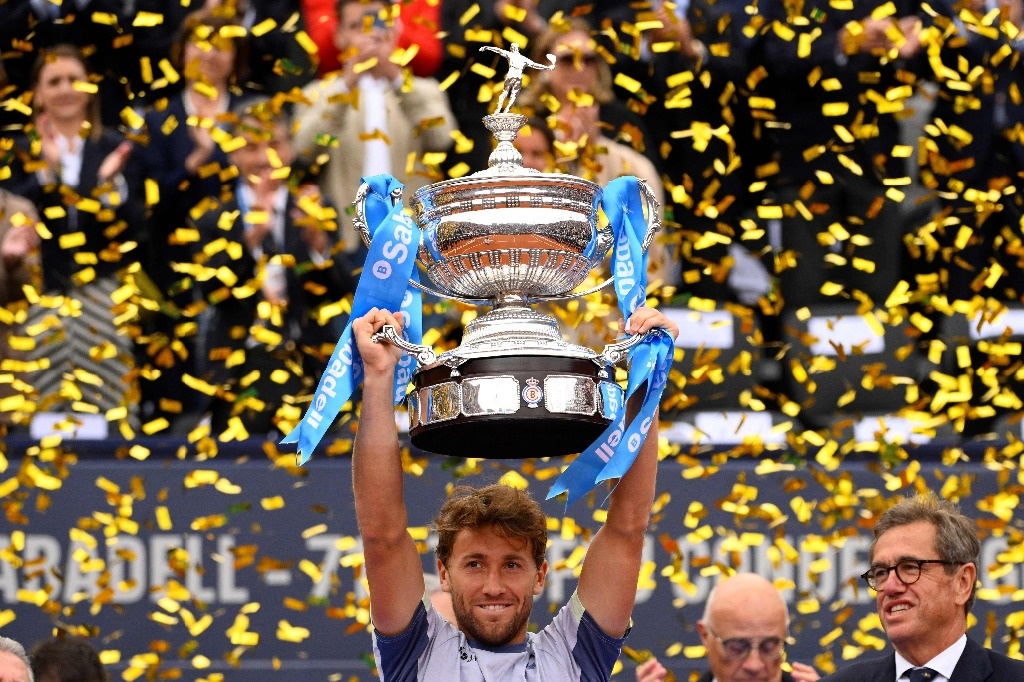featured
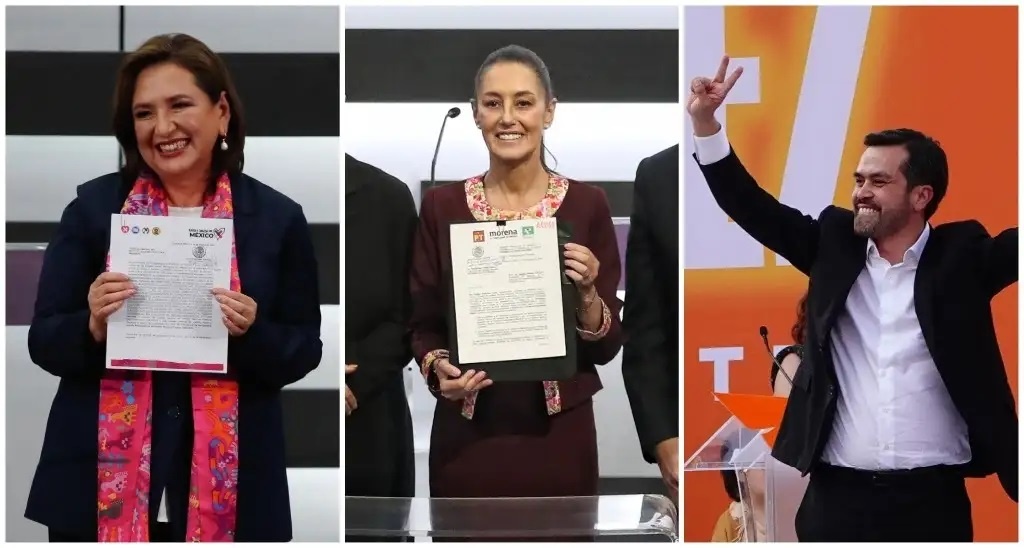
First presidential debate cost 12.7 million pesos: INE
The first presidential debate, held on April 7, cost 12.7 million pesos and was watched by 13.7 million people, the largest audience in the history of these events, mainly women and those over 55 years …

First presidential debate cost 12.7 million pesos: INE
The first presidential debate, held on April 7, cost 12.7 million pesos and was watched by 13.7 million … Read more
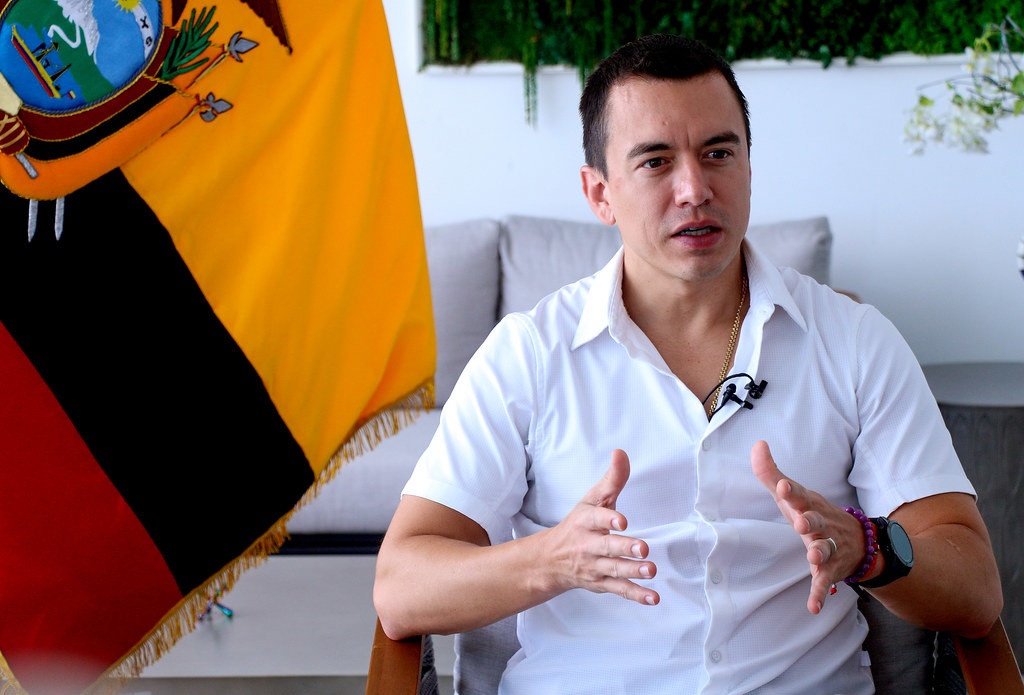
Noboa loses support for re-election
Quito. There are 50 weeks left for Ecuador to elect a new president and for this the current … Read more
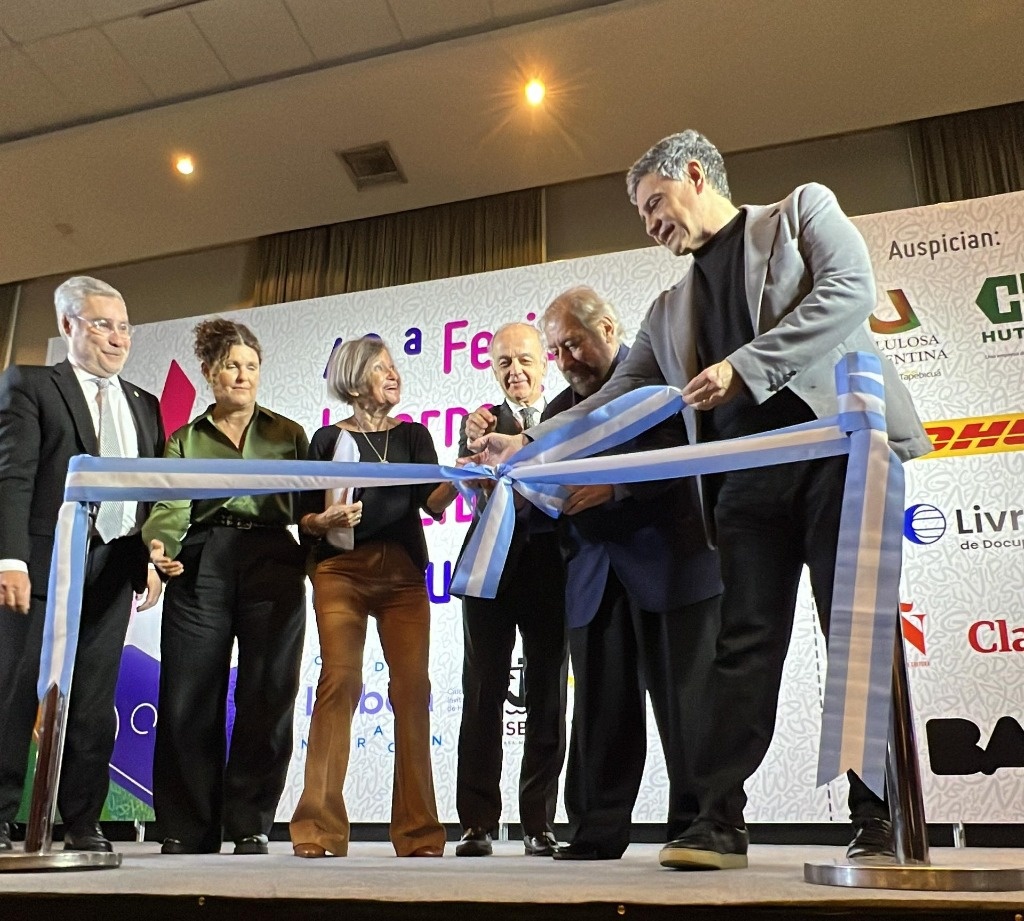
Culture on a war footing: Buenos Aires Book Fair inaugurated
Buenos Aires. Presented as a “cultural beacon in the middle of the darkness,” the Buenos Aires international book … Read more
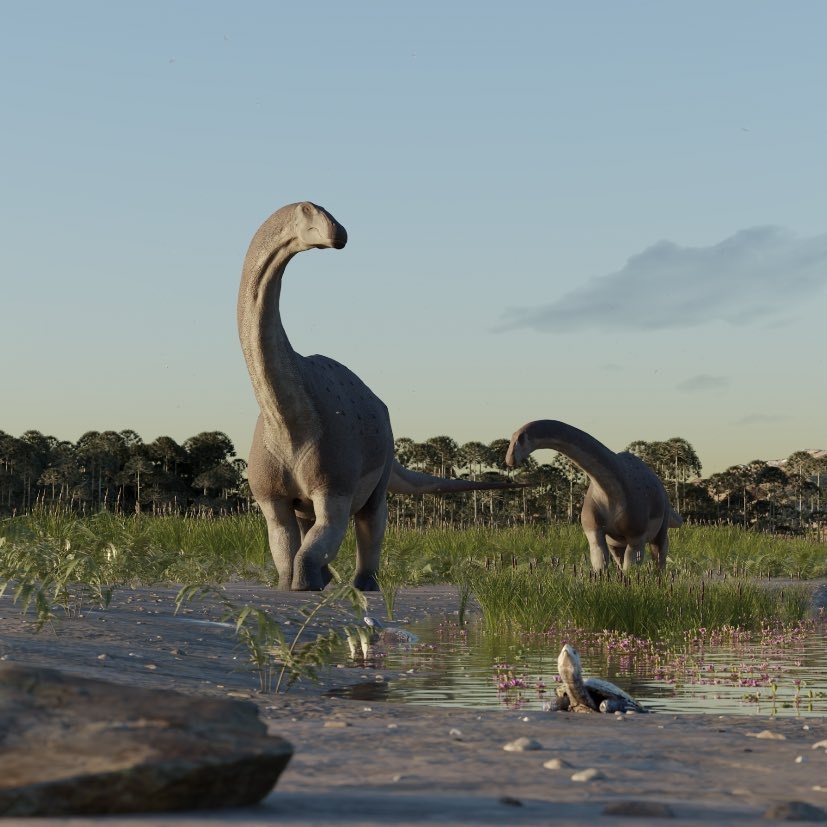
Remains of a titanosaur discovered in southern Argentina
Buenos Aires. Paleontologists from the National Council for Scientific and Technical Research (Conicet) of Argentina discovered in the … Read more



